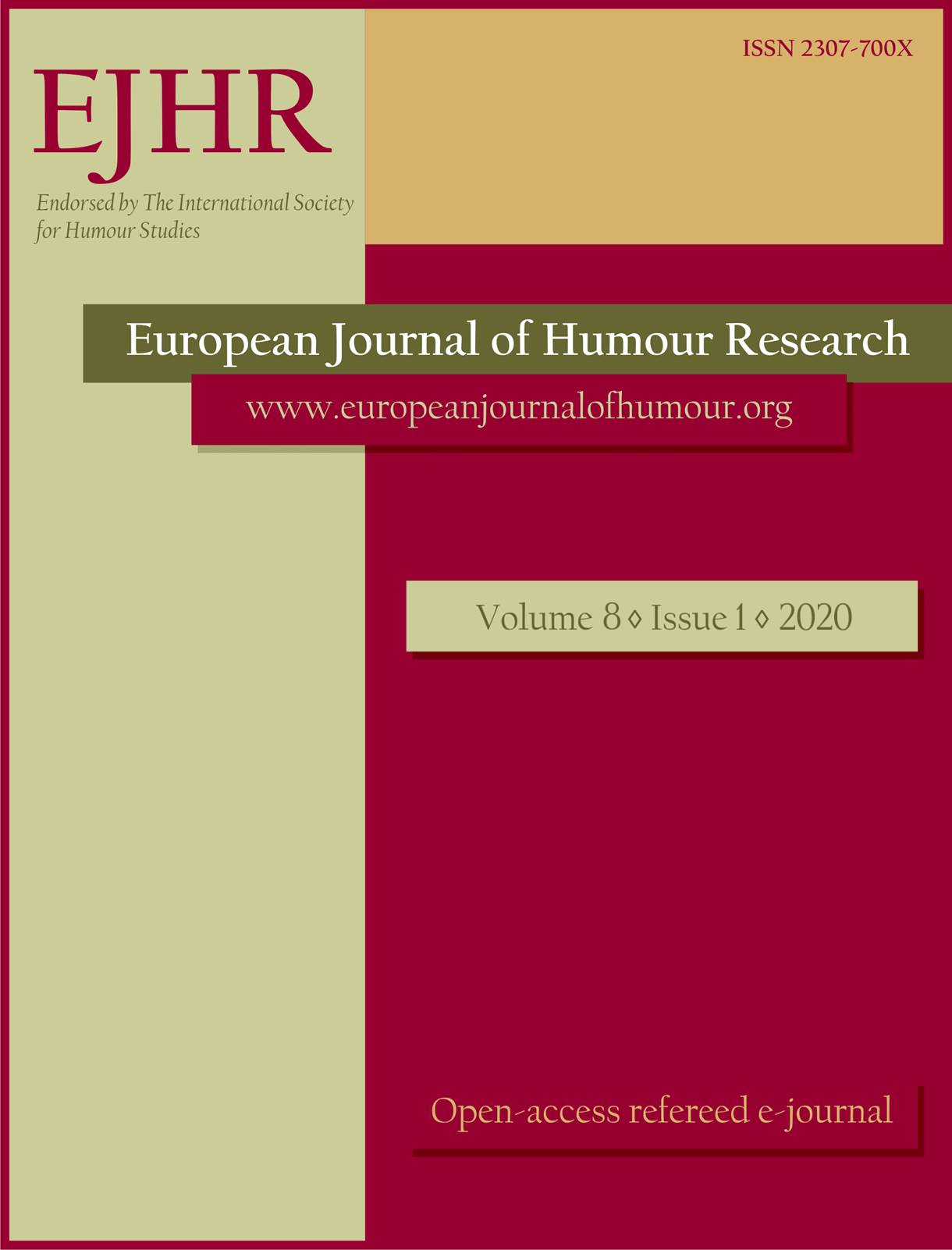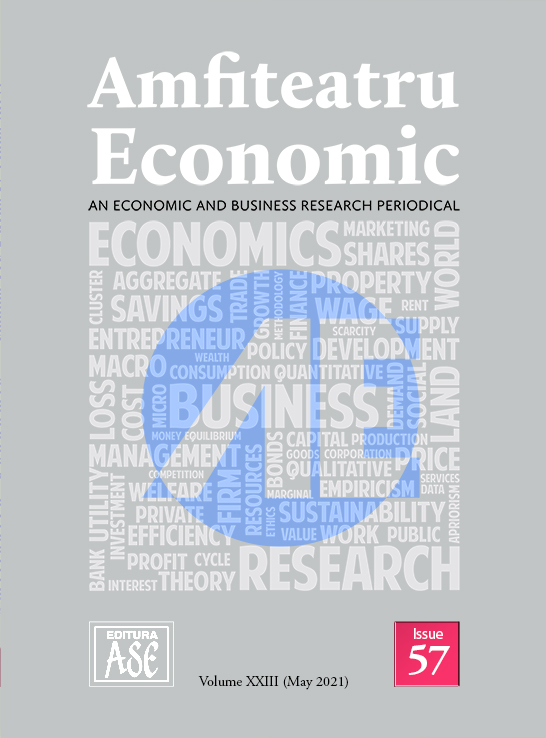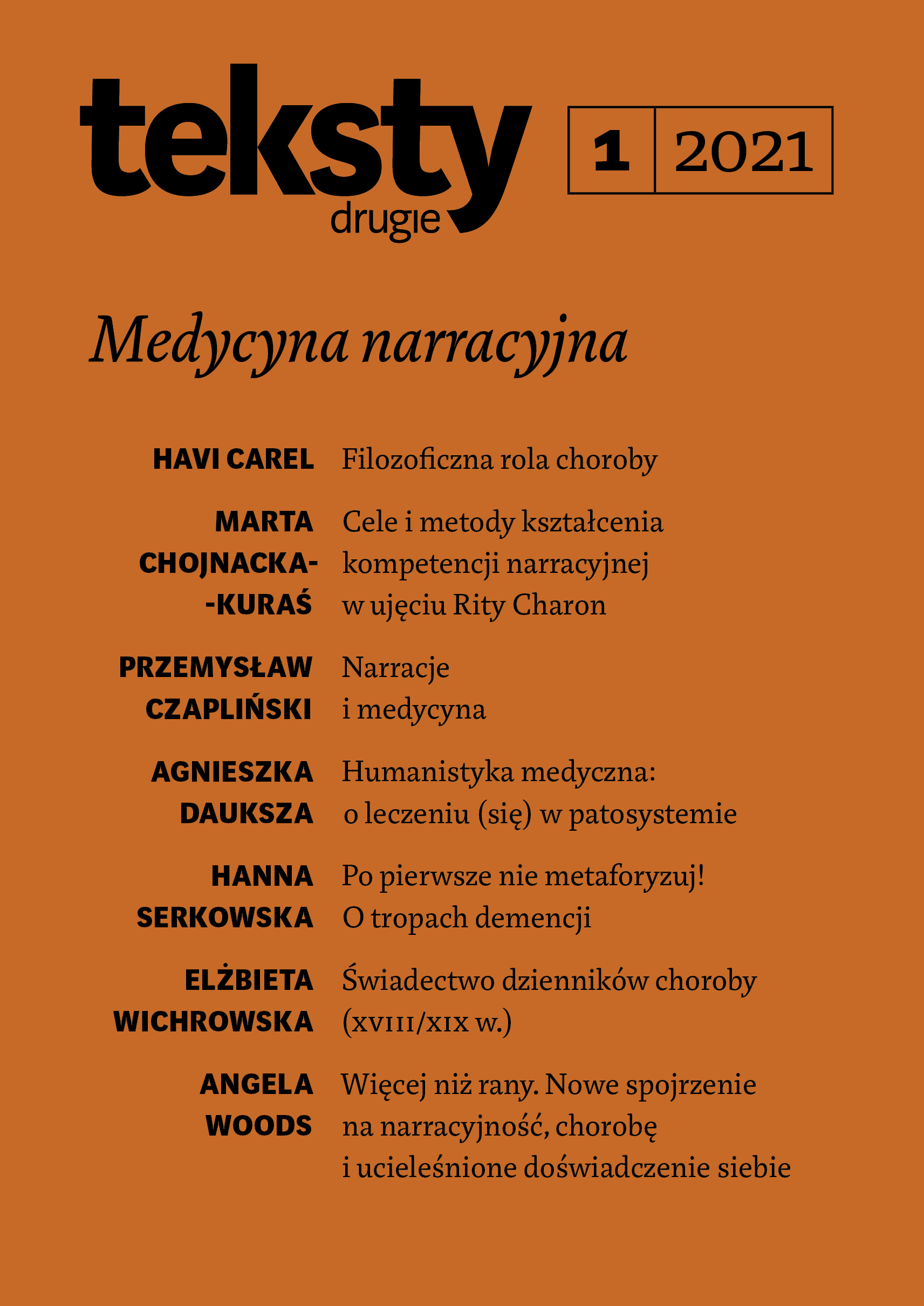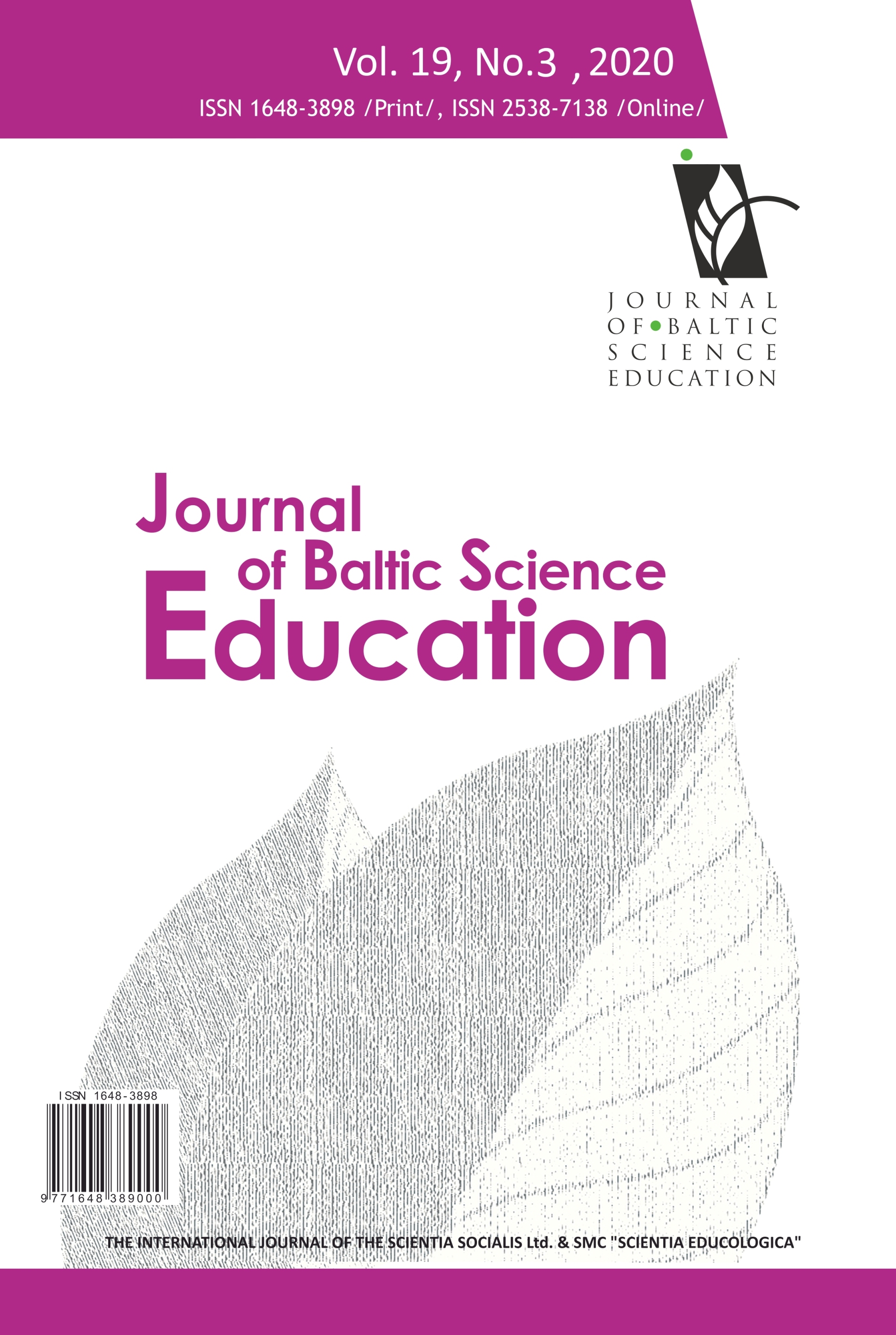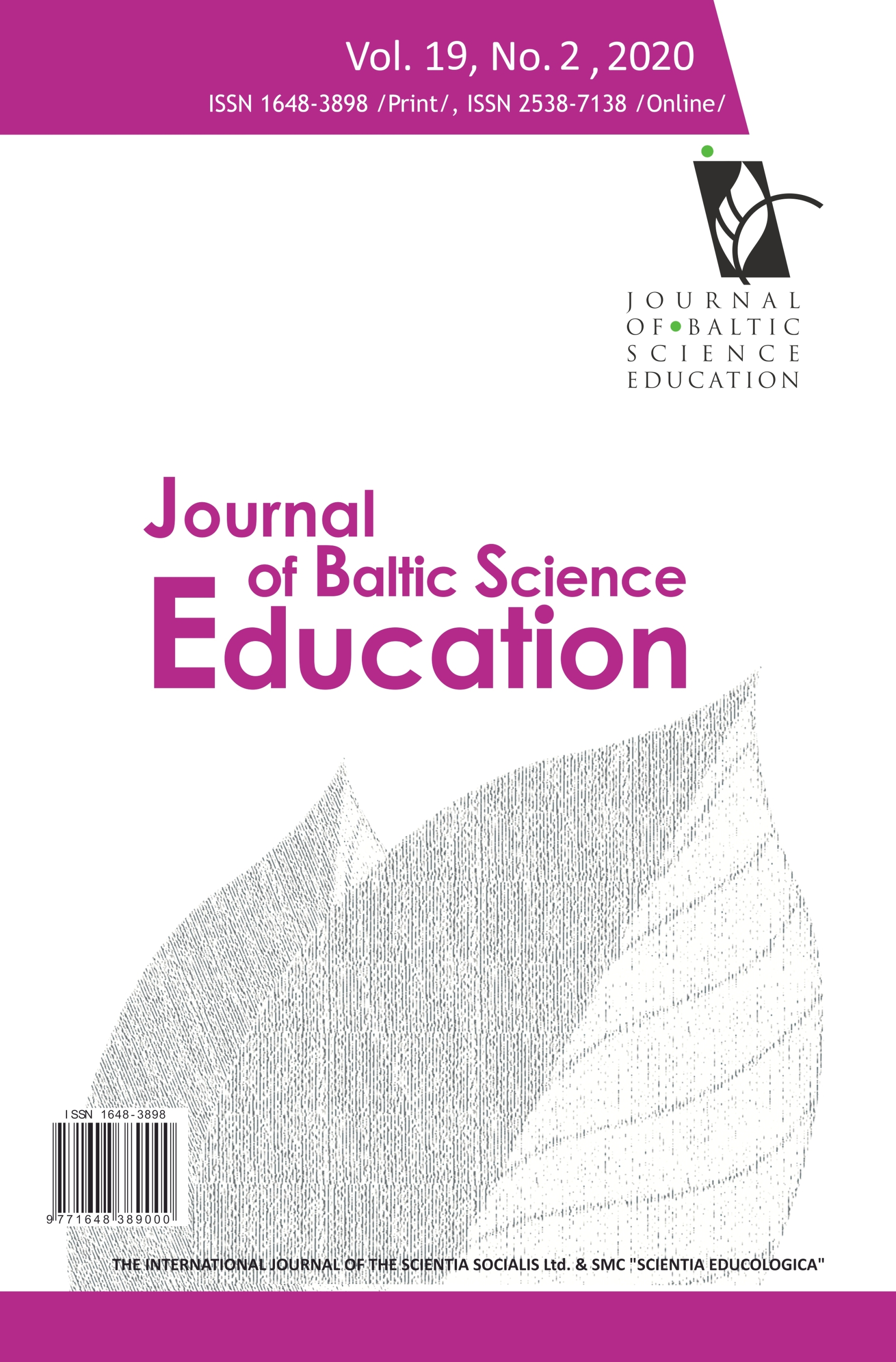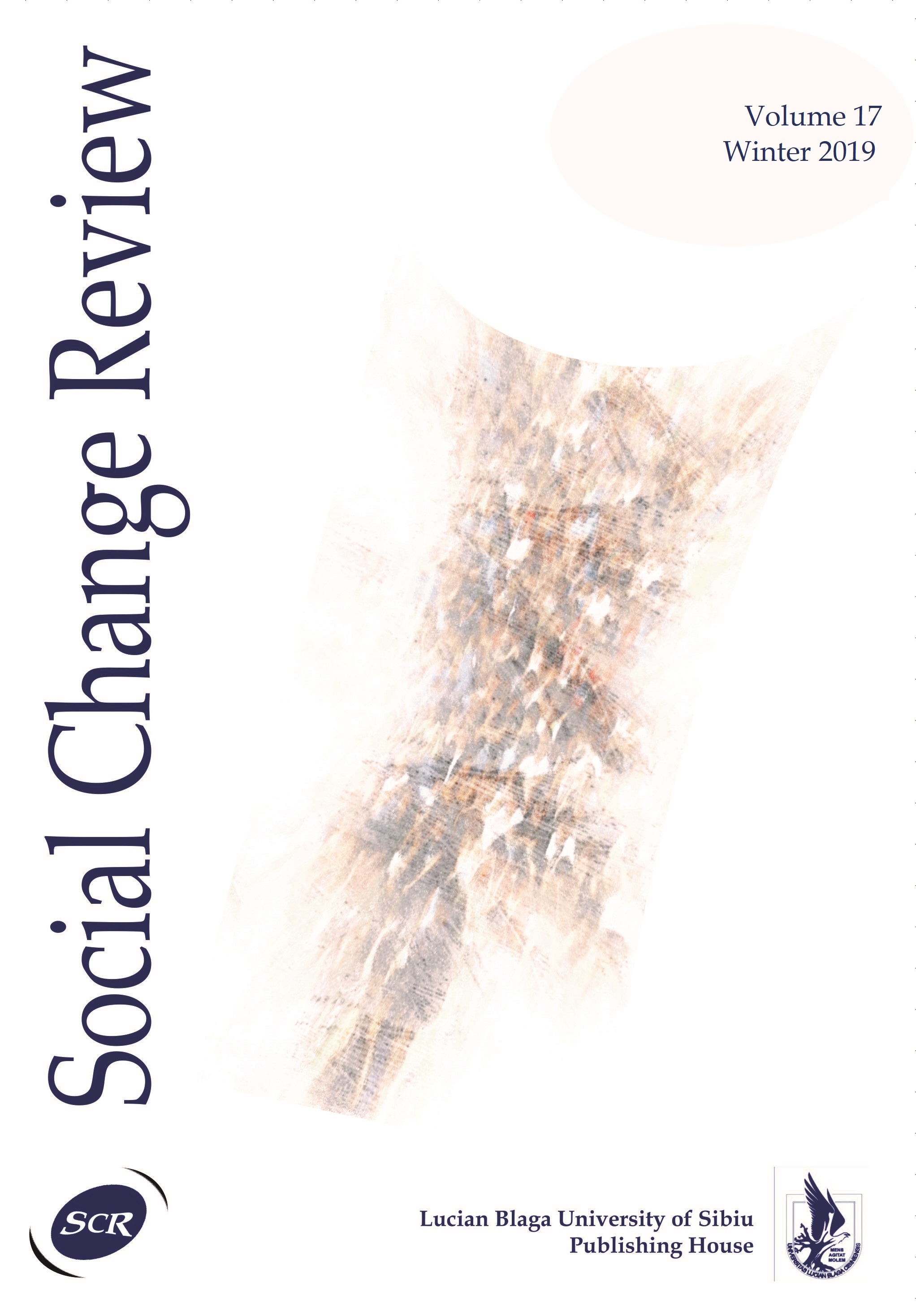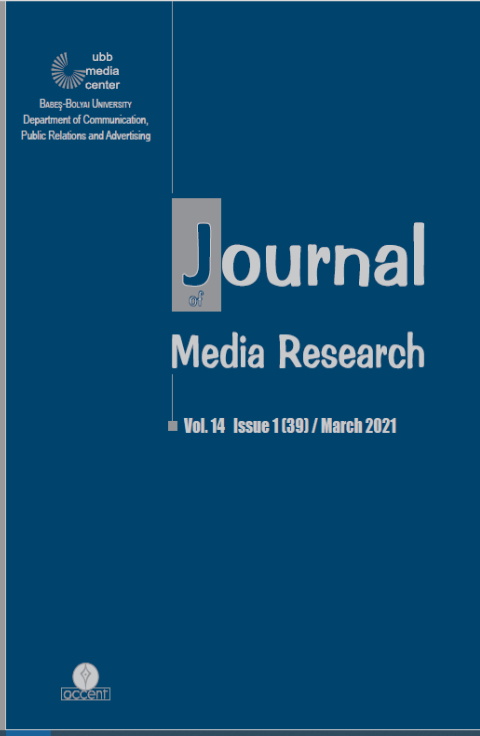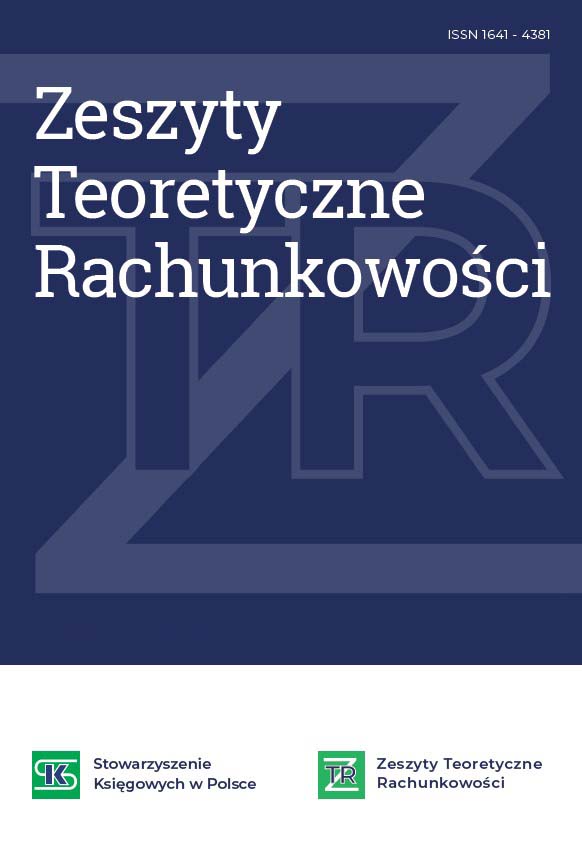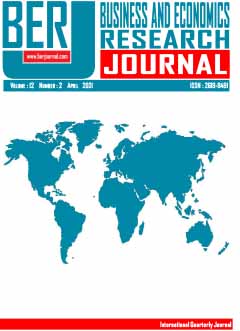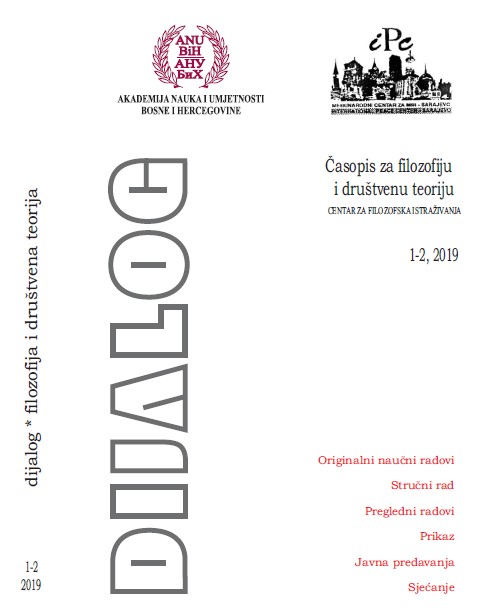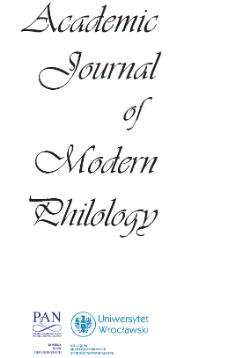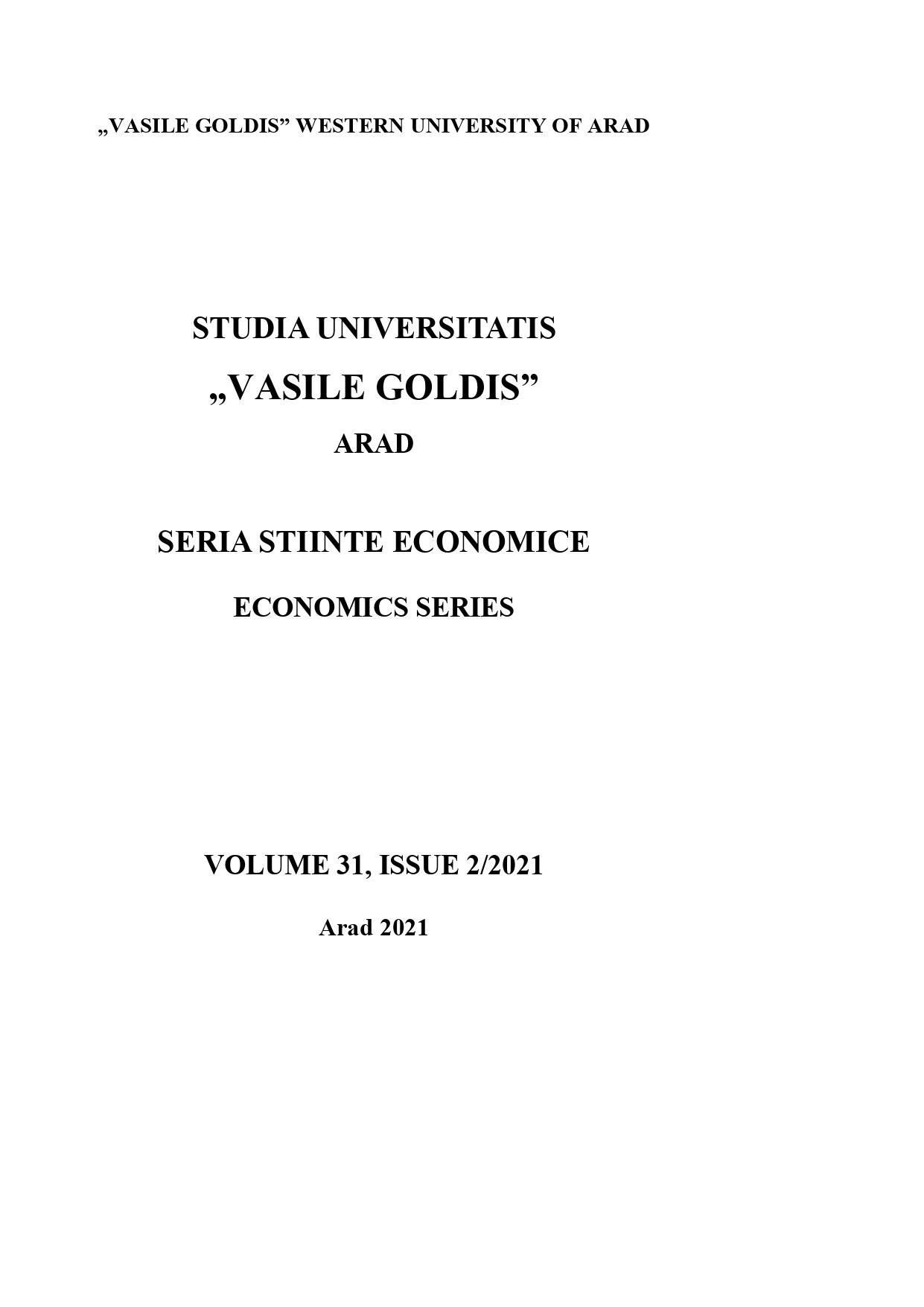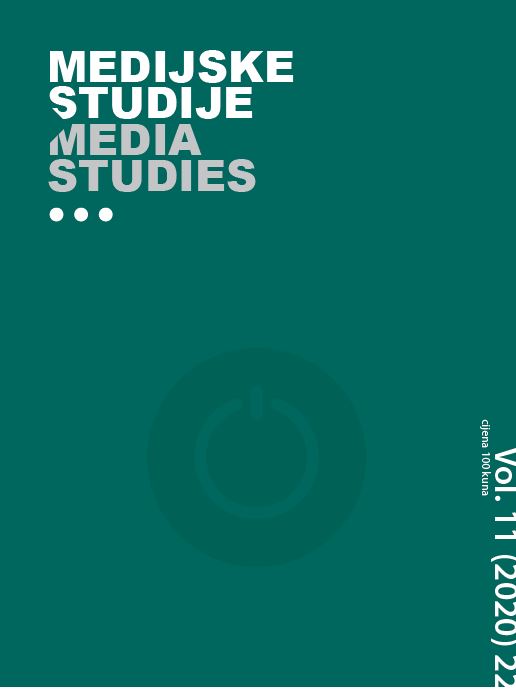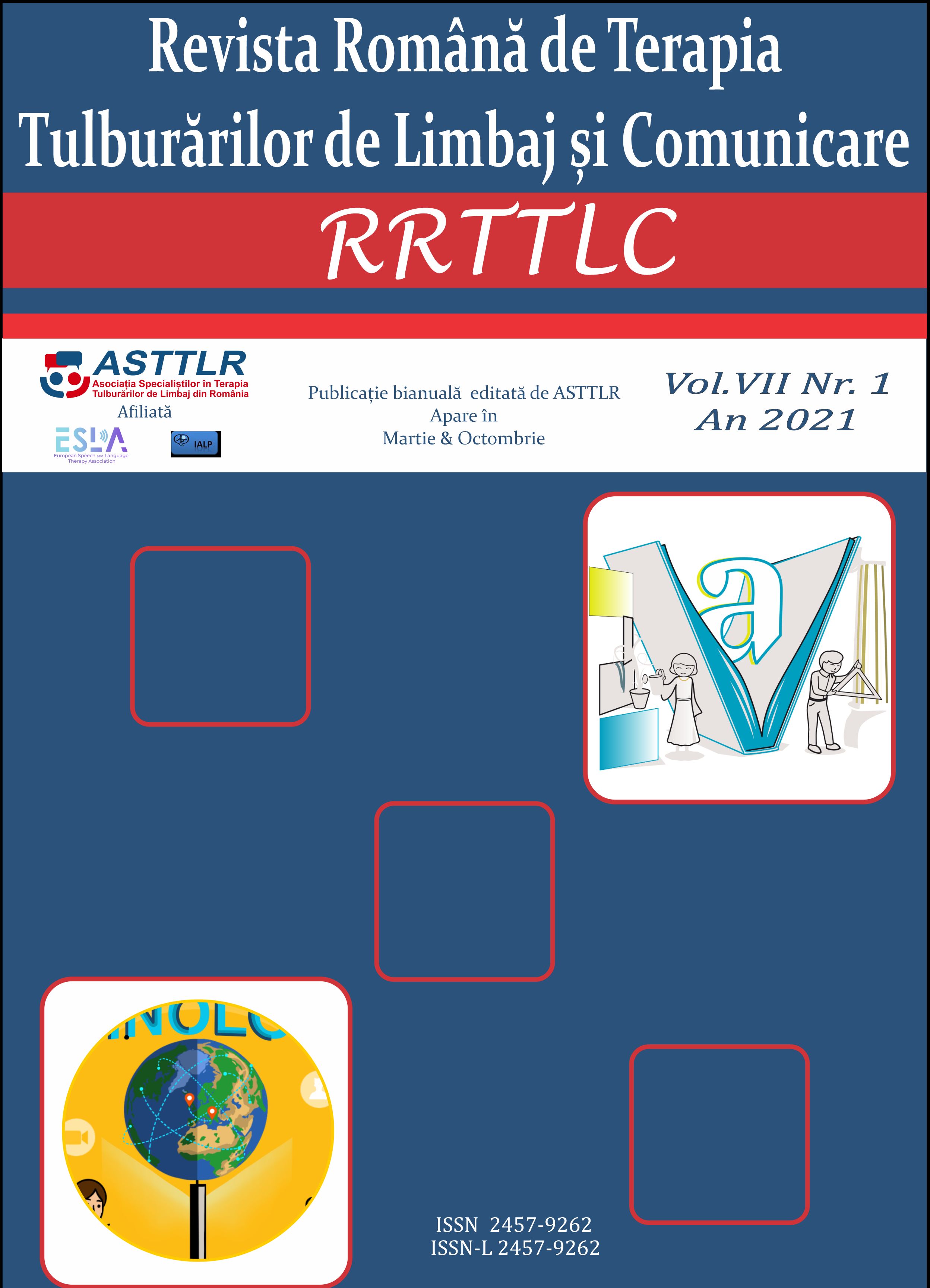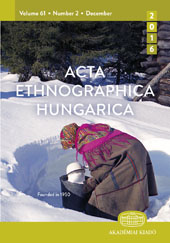
The People Who Are Never Lost - Family Trees in a Political Context in Present Day Bashkortostan
The People Who Are Never Lost - Family Trees in a Political Context in Present Day Bashkortostan
Keywords: Bashkortostan; Bashkir; Tatar; Bashkirisation; family tree; local history; ethnicity; nationalism; political anthropology;
The study seeks to find an answer to the issue of how a revived tradition can serve political interests that are simultaneously attempting to satisfy the demands of ethnicity-based Bashkir nation-building and the demands of affiliation with the larger multi-ethnic nation of the Russian Federation. The core of the analysis is centered around the political contextualizing of the program called ‘Holiday of Family-Tree’ as well as the instrumentalist interpretation of local special literature and methodology related to the program. The paper, on the one hand, scrutinizes the family-tree research as a Bashkir tradition, which supports the power and autonomy of the Bashkir nation through the Bashkirisation of Tatars living in the north-western areas. On the other hand, it highlights how this ethnic tradition is adjusted to the traditions of the Russian local history research (kraevedenie) and thus, how it legitimates symbolically the role of the Bashkir nation in the multi-ethnic nation of the Russian Federation.
More...

